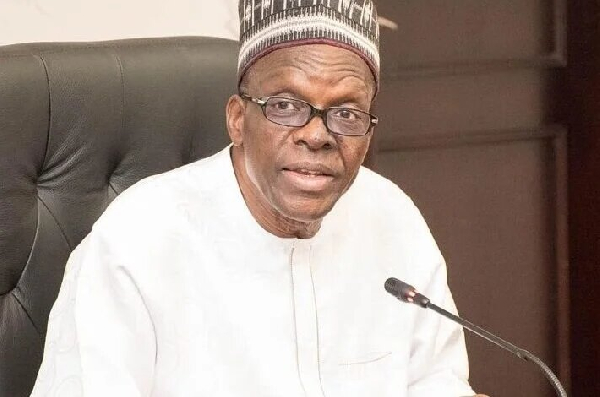Government to launch 24-Hour Economy on July 2
The government is set to officially launch its flagship 24-Hour Economy policy on Wednesday, July 2, 2025.
The policy, which is one of the National Democratic Congress’ (NDC) key campaign promises ahead of the 2024 general elections, seeks to reduce unemployment by creating more job opportunities through a three-shift working system across key sectors of the economy.
Speaking at a brief ceremony in Parliament on Thursday, June 26, 2025, the Presidential Advisor on the programme, Goosie Tanoh, presented the official policy document to the Speaker of Parliament, Alban Bagbin.
He stated that the move was to formally notify the legislature of the government’s readiness to roll out the initiative.
He emphasised he government’s readiness to implement the programme, stating that the policy is grounded in three main pillars: transforming production, improving supply chain and market systems, and enhancing human capital.
“These foundational anchors are supported by eight strategic sub-programmes,” he said.
Among the sub-programmes are:
Roll 24 – the agriculture-focused component aimed at expanding food production,
Make 24 – a manufacturing-led initiative to promote industrialisation,
Connect 24 – targeted at improving supply chain integration and logistics,
Aspire 24 – a mindset reorientation programme aimed at enhancing productivity and work ethic in the public and private sectors.
Tandoh also announced that digital technology training would be integrated into the Technical and Vocational Education and Training (TVET) curriculum, to better align Ghana’s workforce with future job demands.
He also disclosed the inclusion of a cultural promotion programme dubbed ‘Show Ghana’, which seeks to showcase Ghana’s arts and cultural heritage to the international market as a tourism and revenue-generating strategy.
In his remarks, Speaker of Parliament, Alban Bagbin welcomed the submission of the policy document but urged the Executive to ensure legislative backing for the programme.
“There must be a concerted effort to push for the passage of a bill to institutionalise the policy. We need to insulate it from political transitions to ensure its sustainability over time,” he noted.
The 24-Hour Economy Secretariat is expected to spearhead the implementation of the policy, working in collaboration with relevant ministries, departments, and agencies.
SP/SA
How social engineering hacks your mind and your bank account









